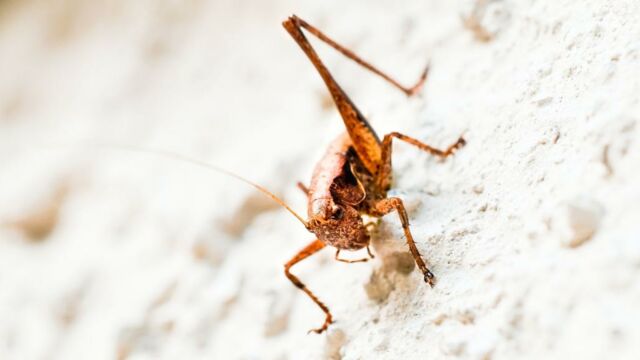Animal behaviour is affected by human noise

New studies have confirmed that noise produced by human activity has a negative impact on animal behaviour.
As we have grown in volume as a species, so have the effects of our proliferation. The animal kingdom has seen its natural habitat invaded and destroyed by our need to multiply and consume at all costs. From massive deforestation to irreversible extinction, animals have been subject to our tyranny for as long as we have cohabited the Earth.
Discover our latest podcast
Noise pollution affects animal behaviour
And now, new emerging research has found that the sound that is emitted by the various forms of human activity and our plethora of gadgets have a negative impact on the way that animals communicate with each other.
More under this adMore under this adIn particular, the ways in which animals cognitively respond to situations as well as their ability to mate with one another have been found to be compromised by human generated noise pollution.
The study examined how the cognition of zebra finches–a species of Australian songbirds–were negatively affected by traffic sounds. And the results found that the birds were unable to keep their concentration for problem solving for longer periods of time. Their spacial memory as well as their ability to learn from others had dramatically been negatively affected.
More under this adMore under this adAssistant professor at Pacific University Christopher Templeton says that:
We weren’t really sure that we would see such a strong effect. These are birds that … live in big colonies, they’re all talking all the time making quite a big ruckus. So, to see that just the simple act of hearing cars drive by is enough to really keep them from being able to perform on these tests is pretty surprising in some ways.
A second study confirming this theory
Another study that was published in the journal Behavioural Ecology, conducted similar research targeting mating rituals of Mediterranean field crickets. Varyings degrees of acoustic pollution inhibited females from being able to select adequate male partners to copulate with.
More under this adMore under this adDr. Adam Bent of Cambridge University, leading the study said that:
On an individual level this will have knock-on effects, potentially, to their offspring, and their offspring’s viability. But on a population level, mate choices are a really powerful mechanism of sexual selection and sexual selection drives evolution. So, by having mate choices disrupted in this way, it could vastly change the course of evolution of the species.